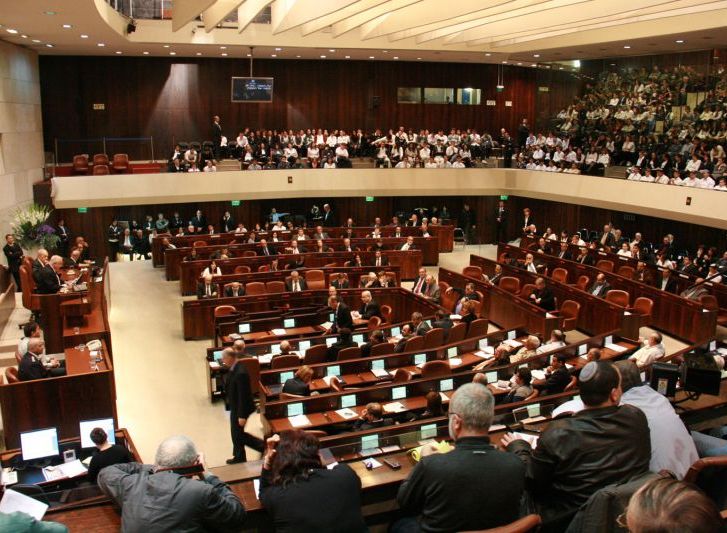Adalah: Extension to Citizenship Law’s Validity is Latest in a Series of Israeli Policies of Racial Separation Based on National Belonging
On 1 July 2008, a 21-8 majority of the Israeli Knesset approved an extension to the Citizenship and Entry into Israel Law (Temporary Order) for an additional year until July 2009. The Knesset extended the law in spite of a Supreme Court ruling from 2006 that deemed the law unconstitutional, and despite an order nisi (order to show cause) issued by the court in May 2008 on a petition filed by Adalah and on petitions filed by other human rights organizations against the extension and expansion of the law in 2007. In the order, the court demanded that the state explain why the Citizenship Law should not be struck down as unconstitutional. The state is supposed to submit its response to the court on 1 August 2008.
According to the law, Palestinians from the Occupied Palestinian Territory (OPT) who are married to Israeli citizens are not entitled to any legal status in Israel, and the law therefore prevents the Israeli citizens, who are in practice almost all Palestinian citizens, from realizing their right to a family life inside their own country. In March 2007, the Knesset approved an amendment to the law that expanded the scope of ban on family unification to include citizens of “enemy states” Syria, Lebanon, Iraq and Iran, and to “anyone living in an area in which operations that constitute a threat to the State of Israel are being carried out,” according to the Israeli security services. One week ago the Knesset approved the Israeli government’s decision to add the Gaza Strip to this list. Although the law is defined as a “temporary order”, i.e. a temporary law, it has now been extended eight times since its enactment in July 2003.
In response to the latest extension of the law, Adalah stated that it is the latest in a series of official Israeli policies aimed at racial separation on the basis of national belonging. This policy is targeted at Palestinian citizens of Israel and seeks to disconnect them from the other members of their people and their wider nation, and violates fundamental rights, such as the right to a family. International law prohibits the violation of minorities the right to establish and maintain without discrimination contacts across borders with citizens of other states to whom they are related by national or ethnic, religious or linguistic ties. It should be emphasized that no other state in the world denies the right to conduct a family life on the basis of national of ethnic belonging.
The Israeli government first approved a decision preventing family unification for Palestinians in March 2002, and the Knesset enacted the decision into law in July 2003. Following the law’s enactment, Adalah and other human rights organizations, including the Association for Civil Rights in Israel, petitioned the Supreme Court to demand that the law be struck down. Although the Supreme Court did not strike down the law in May 2006, it nevertheless stated in its decision that it was unconstitutional. However, since the court’s decision was delivered the Knesset has extended the law’s applicability twice. The latest extension was made despite the fact that petitions challenging the law are still currently pending before the Supreme Court, and in spite of the aforementioned order nisi.
















